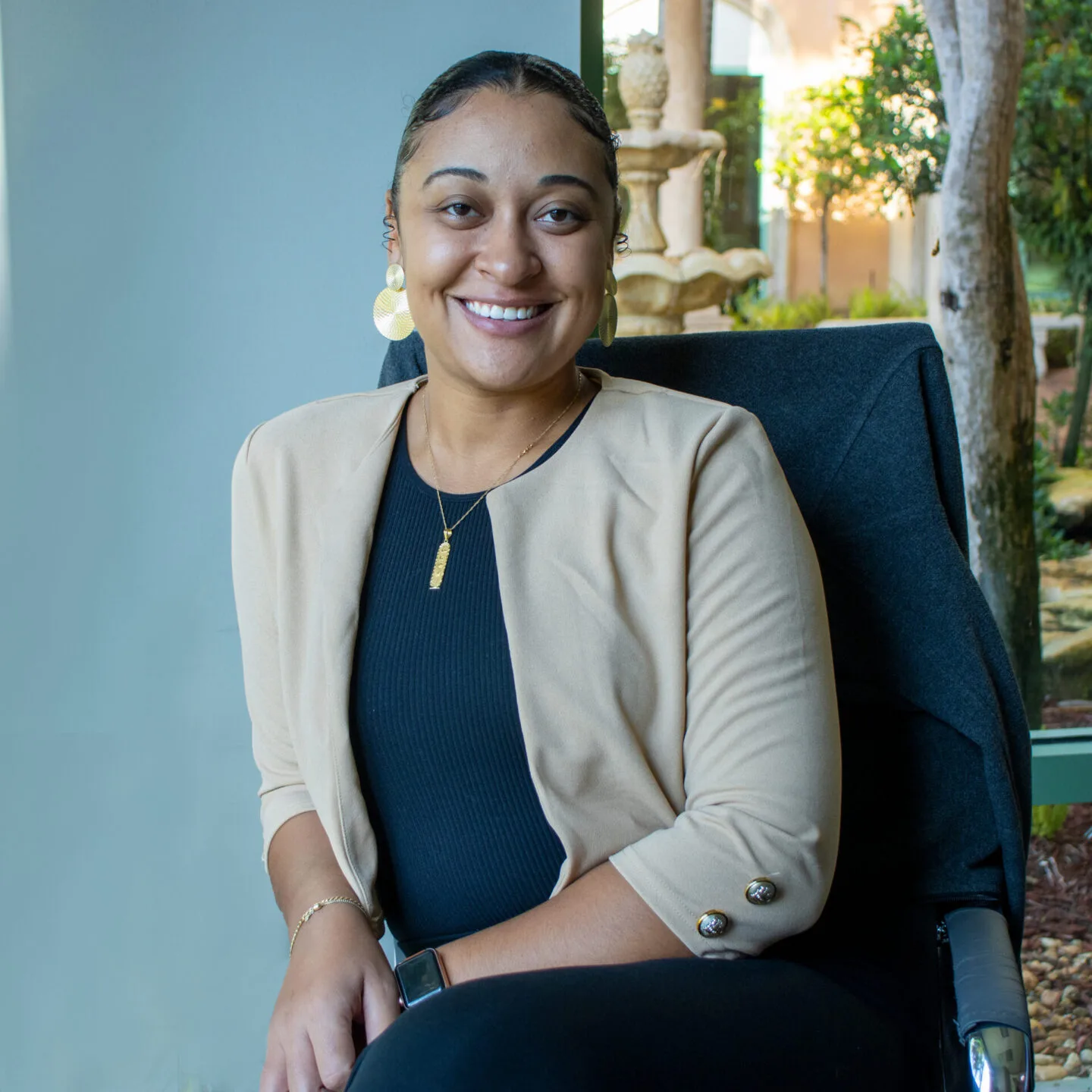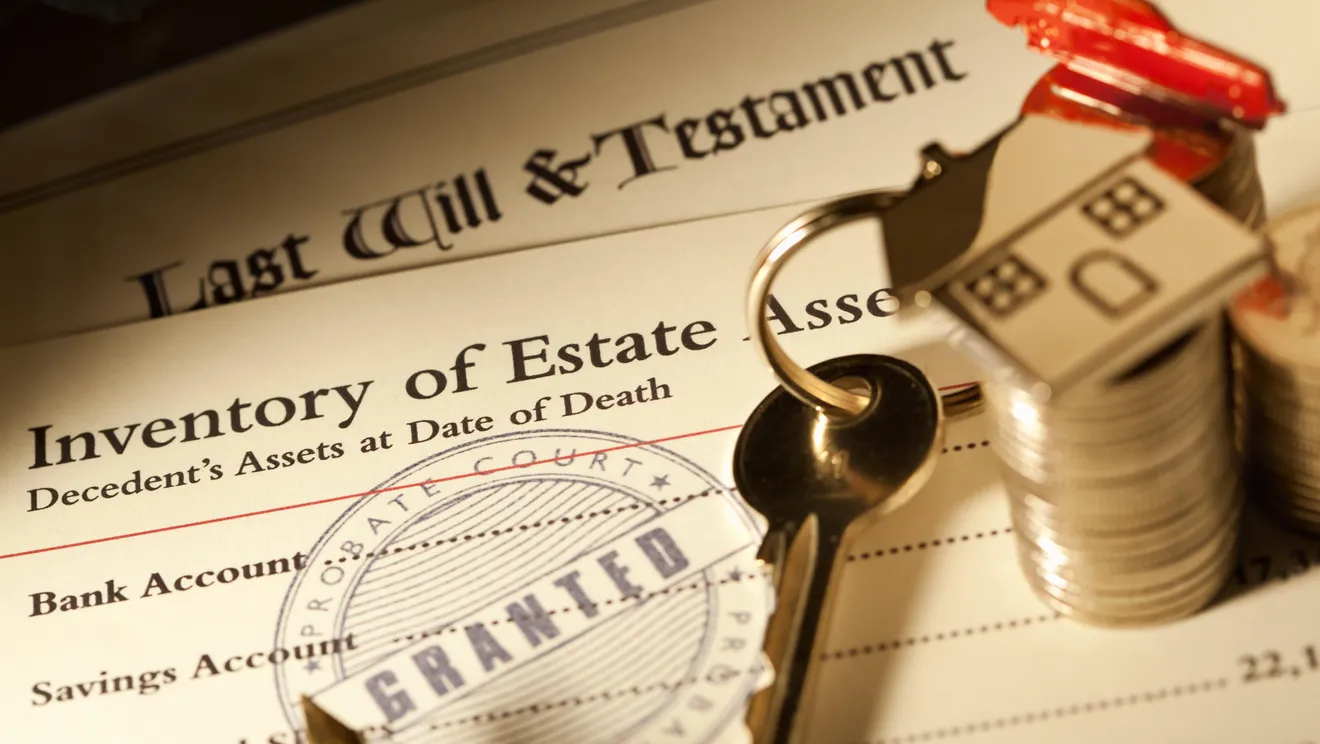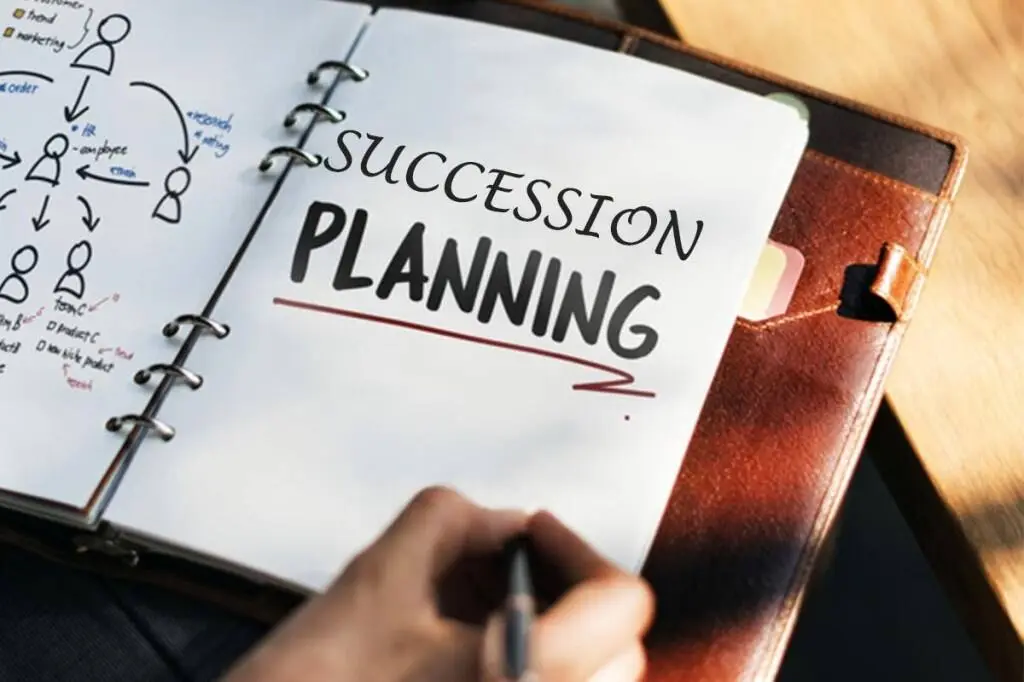Estate Planning Attorney
Are You Looking To Build An Estate Plan?
You want to protect your family any way you can, so how can you protect them in your absence? The only way you can is with the guidance of an estate planning attorney.
What Exactly is Estate Planning?
Estate planning: It’s a term you’ve probably heard, but may not fully understand. Often perceived as a task reserved for only the wealthy or elderly, hiring an estate planning attorney can be actually critical for individuals at various life stages and income levels. Let us clarify the meaning of estate planning, break down its essential components, and discuss why it’s important for everyone.
What an Estate Planning Attorney Does
It is the job of an estate planning attorney arrange the distribution and management of your assets, both during your lifetime and after your death. It involves creating a set of legal documents that detail your wishes regarding your assets, dependents, and also your health care. The goal of an estate planning attorney is to ensure your estate is transfers to the proper beneficiaries as smoothly as possible, while also minimizing any taxes, legal fees, or other expenses.

Cheyenne Pearson, Esq.
FISCHETTI LAW GROUP
Why is Having an Estate Planning Attorney Important?
Asset Protection

Strategic estate planning ensures your assets are safeguarded and directed to your chosen beneficiaries, while also minimizing potential tax burdens. Without it, your assets may not be distributed as desired and could incur significant taxation.
Healthcare Decisions

Unexpected events are a constant reality, making it crucial to establish living wills and healthcare proxies. These documents allow you to outline medical preferences in case you're unable to make decisions, ensuring your wishes are respected during critical times.
Avoid Probate

Probate, a costly and lengthy process for those without an estate plan, can be avoided with guidance from an experienced estate planning attorney. They help heirs sidestep the time and expense involved in probate proceedings.
Continuity of Wishes

An estate planning attorney ensures smooth wealth succession, fostering family unity and continuity. By defining asset distribution and preemptively resolving heir conflicts, estate planning minimizes disputes. Involving family and open communication preserve your legacy for future generations.
Key Components of an Estate Plan
How to Start Estate Planning
FAQs
1What is Estate Planning?
Estate planning is the process of legally arranging for the management and distribution of your assets and property after your passing. It involves creating legal documents such as wills, trusts, and employing the powers of an estate planning attorney to ensure that your wishes are carried out regarding the inheritance of your assets and the care of your loved ones. Estate planning helps protect your family’s financial future and can minimize potential conflicts or legal complications during the probate process.
2What are the objectives of an Estate Planning Attorney?
One of the most urgent goals of an estate planning attorney when creating an estate plan is outlining the distribution of assets to the beneficiaries of your choice. The heirs or beneficiaries that you choose will get the property, money, or other assets assigned to them.
Another goal of estate planning is to accrue the least amount of taxes, legal fees and court costs related to asset distribution once the wishes in your estate plan are carried out. Many estate plans are uncarefully planned, and assets end up getting heavily taxed. Our Boynton Beach estate planning attorney can also help you navigate the task of minimizing taxes.
What They Can Do For Your Children
Assigning guardianship for under-aged children so they get the care they need is a very important goal of estate planning and must be a priority for young families. That way, in case the unexpected occurs, your family is prepared.
A proper estate plan should also aim to include instructions for your care if you become disabled before you pass away. A healthcare proxy or living outlines your healthcare directives in case you’re incapacitated.
You should review your estate plan as your family, financials, and state laws change to make sure your decisions are still the most beneficial to everyone involved in your estate plan.
3What is a Will?
A will, also known as a “last will”, is a written direction controlling the distribution of property at death. An important part of estate planning comes from the will.
However, it’s important to keep in mind that a last will is only part of an estate plan, not an entire estate plan. Estate planning includes more than your last will and testament. Estate planning also includes establishing a power of attorney, an advanced directive, and trusts for your children, grandchildren, favorite charity, or even a beloved pet.
What Happens If You Pass Without One
If you were to pass away without a will, also called “intestate”, all your property would be distributed to your heirs according to a formula fixed by the current law. Only when a person has no heirs at law will the state of Florida will possess the property. The formula that determines who gets your property is called the inheritance statute. You should have in mind that the formula makes no exception for those in unusual need when distributing the property. When you write your will with our Boynton Beach estate planning attorney, you can decide your preferences and exceptions, and also figure out the best way to minimize taxes on your assets.
4What is a Trust?
A trust is a legal arrangement that allows an individual, known as the “grantor,” to transfer assets or property to a separate entity, called a “trust,” for the benefit of specific individuals or entities, known as “beneficiaries.”
Who Takes Care of the Trust?
The trust is managed by a “trustee” who administers and also distributes the assets according to the terms and instructions outlined in the trust document. Trusts are commonly used in estate planning to protect and manage assets, provide for loved ones, and potentially minimize estate taxes. Many people prioritize establishing a trust in their estate plan, especially if they’ve accumulated many assets. Our Boynton Beach estate planning attorney can also guide you in creating a trust with specifications that work for you now and into the future.
5 What is the difference between a Will and a Trust?
The main difference between a will and a trust is that a will goes into effect only after you die, while a trust takes effect as soon as you create it. A will also directs who will receive your property at your death, and it appoints a legal representative to carry out your wishes.
By contrast, a trust can be used to begin distributing property and assets before death, at death, or afterward death. A trust is a legal arrangement through which one person (or an institution, such as a bank or law firm), called a “trustee”, holds legal title to property for another person, called a “beneficiary”. A trust usually has two types of beneficiaries. One set that receives income from the trust during their lives and another set that receives whatever is left over after the first set of beneficiaries dies.
Do I Need Only One or Both?
Everyone needs to have both a will and a trust, especially if you have diverse assets and multiple beneficiaries in mind. Our Boynton Beach estate planning attorney can help you create both and organize the clauses within each to address each of your specific instructions.
6 Are a Living Will and Healthcare Proxy the same?
While a living will and healthcare proxy both play pivotal roles in healthcare decision-making and each also have a place in estate plan creation, they aren’t quite the same. A living will outlines specific medical treatment preferences, whereas a healthcare proxy designates a trusted advocate to make real-time decisions on your behalf. Together, they help ensure your healthcare wishes are followed in the event of your incapacitation or death. Consult our expert estate planning attorney in Boynton Beach today to decide if both a healthcare proxy and living will are right for you.
7Why do I need an Estate Planning Attorney?
What will happen to your kids if their parents suffer a major accident all of a sudden on the way home from work? Who would pick your kids up from school or daycare? Who would ultimately end up as their guardian? A lawyer can also help you plan all of those decisions, guiding you through the steps making sure your estate plan covers all aspects.
If you are a small business owner, you absolutely must have an estate plan. It’s one of the most important things you can do, and it should not be procrastinated. If something were to happen to you, your business would likely fall apart quickly and completely without a proper estate plan. This could cause incredible financial hardship on your family after you’re gone.
What If I Choose Not To Make An Estate Plan?
When you do not create an estate plan with the advice of an estate planning attorney, the estate is at risk of entering probate. In probate, most of the money from the estate goes to attorney’s fees and court costs. When a person dies without an estate plan, the courts have to handle everything: the distribution of the property, the guardianship of children, and also the dissolution of the business. Probate can become very expensive — easily exceeding $10,000 for even modest estates. That is money beneficiaries could use for living expenses and necessities. If you do not make an estate plan carefully, the value of estate could significantly decrease in probate court.
8What is a “Power of an Attorney”?
When it comes to estate planning, its important to have someone who will be there to represent your wishes for you when you are unable or unwilling to do it yourself. This is where “Power of Attorney” comes in! To put it simply, a Power of Attorney is a legal authorization by you to give someone you trust or even your personal attorney the ability to represent you in situations where you may be physically unable to handle your financial assets yourself.
An attorney given this type of power can take any action that you permit them to, given that you have filed the proper documentation with them beforehand. Power of Attorney can be useful when you do not want to show up in person to buy or sell assets, though typically they are reserved for when you are too physically or mentally unwell to handle your affairs.
8What is a Healthcare Directive?
In the situation you are unable to communicate the type of medical plan you would want to receive, an Advance Healthcare Directive might be just right for you! It can help give you peace of mind knowing your wishes are respected and can be very helpful in unforeseen circumstances. It also gives medical providers proper instructions on what you want in a medical emergency. Now instead of putting pressure on your family members to make a big decision, you can make it yourself ahead of time.
